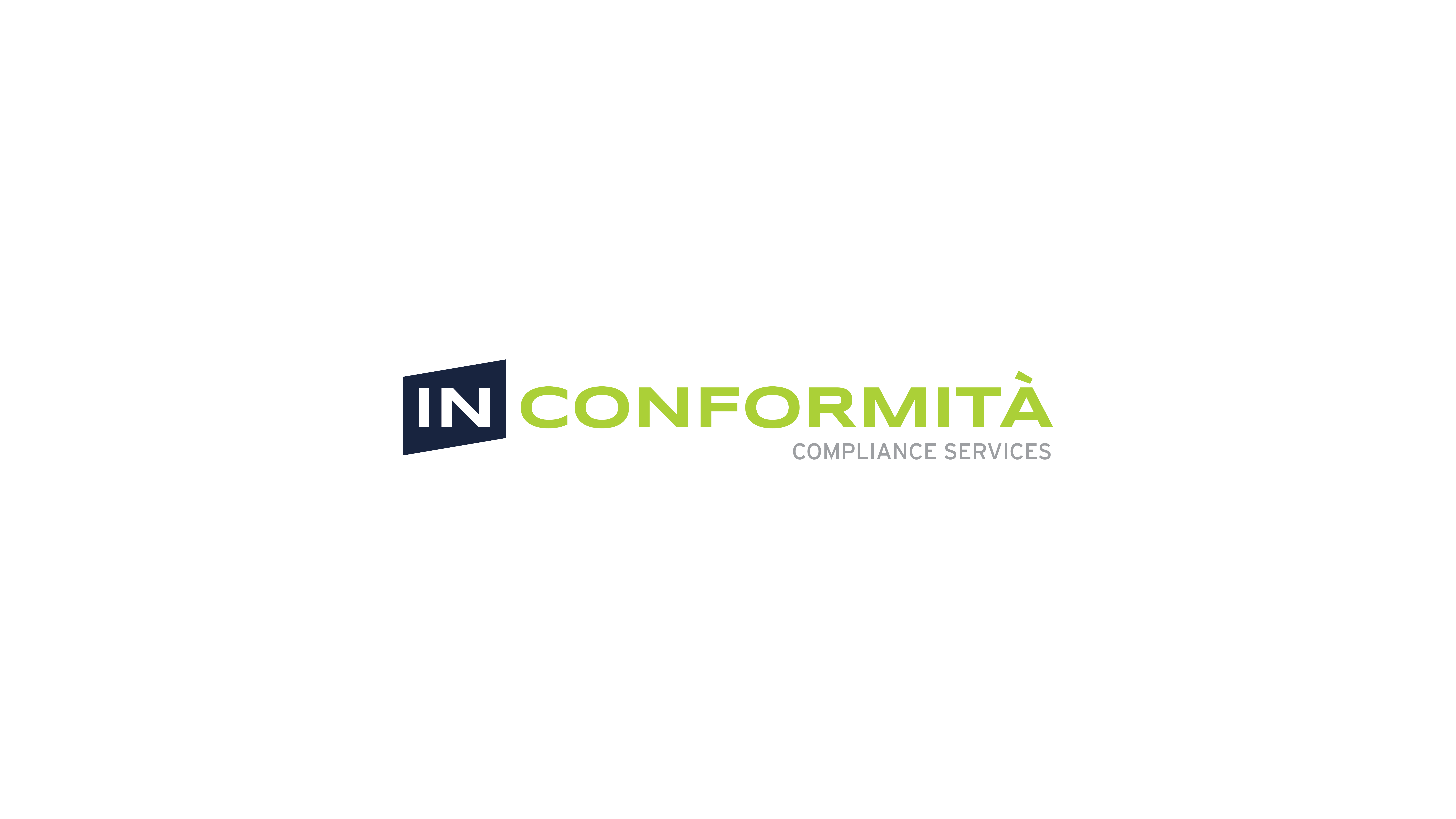- The Future of Compliance
The Future of Compliance
“The Compliance function is primordial to the long-term sustainable growth of an organisation”
Compliance in a nutshell?
The world of compliance has evolved dramatically in the last few years, first of all due to COVID 19-pandemic, but also to novel products, new technology and requirements from different stakeholders. The purpose of any organisation is to achieve its overall strategic objectives which are primarily to show profit and benefit all stakeholders.
The challenge today is to do so whilst being compliant with all relevant laws. For a long time, the Compliance Function has been seen as a cost centre. However, the right Compliance Function is a business facilitator rather than the other way round. The global trend of the Compliance function is that it has now spread out to all the organs of an organisation from human resources to procurement, including culture, ethics, values, Environmental, Social and Governance (“ESG”) framework instead of being only traditionally compliance with all Laws that govern the business.
What’s the role of compliance and why is it so important for an organisation nowadays?
The role of the Compliance Function is to protect all the stakeholders, i.e the shareholders, consumers, staff, directors and suppliers of a Company. We should also understand that Compliance has the duty to protect the jurisdiction and contribute to the long-term sustainable growth of the organisation.
To be able to achieve this objective, the Compliance Function must therefore be embedded at all the decision-making process of any organisation whilst considering the three critical areas are accountability, responsibility and reporting.
In Mauritius, why and when did the Compliance function become critical?
The Compliance Function in Mauritius arose primarily under The Financial Intelligence and Anti-Money Laundering Act 2002 (FIAMLA), the parent act for AML/CFT matters.
This Act came into being following the 9/11 attack and the Patriot Act 2001 in the USA. The second event which has further brought changes to the Compliance Function is the mutual evaluation done by ESSAMLG in 2018. Following which major changes were brought into our existing framework.
This is the when. The why is for the appropriate governance. I wouldn’t say that the Compliance Function is the watchdog of an organisation but rather is the essential cog of the cogwheel of an organisation to install the best compliance culture, the right ethics and values which embody the behavioural values towards compliance within an organisation to achieve its strategic objective.
What are the criteria to achieve a strategic objective while being compliant?
With Mauritius maturing as a jurisdiction, we have moved from a “rules to a principles” based approach to compliance.
As a result, we have today moved from a “tick-the-box” approach to a more risk management approach. Thus, the Compliance Function has to be more proactive than reactive. The aforesaid will call upon Compliance to anticipate the future developments, especially in the AML/CFT framework and manage the risks associated. So our critical questions today would be:
• What are the norms today?
• will they be retroactively outdated or non-compliant in a few years?

How can In Conformità assist?
In Conformità Ltd is a sister company of DTOS Ltd incorporated to provide solutions to your compliance needs. The purpose of In Conformità is to guide you through the intricate compliance eco system. In Conformità proposes to design the appropriate AML/CFT framework based on your very own sector of activity as well as the size of your business. We shall carry out your independent audit to ensure that your business meet the requirement.

Chaya Subramanien
Chaya Subramanien, BA (Hons), MA, AICA is the lead responsible person for In Conformità Ltd. Chaya has been privileged to contribute to the financial sector over the past 25 years. She was instrumental in laying the foundations for a compliance ecosystem for DTOS Group of companies and entities being administered by DTOS. She finds the journey enriching with a diverse and multi-jurisdictional exposure whilst ensuring that international and local companies are at arm’s length with their legal and regulatory frameworks.

